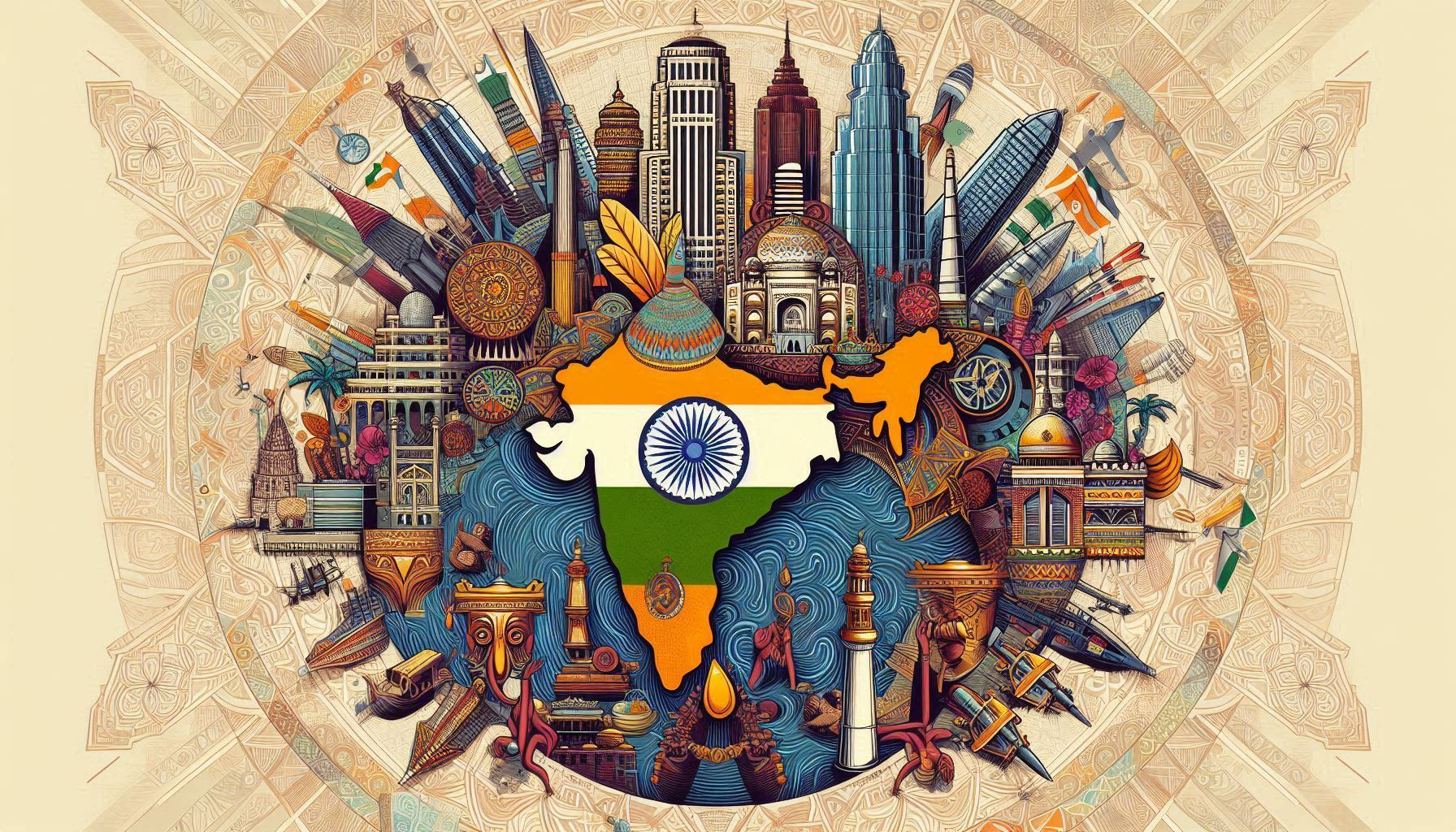Geopolitical events significantly influence global procurement and supply chains, impacting the flow of goods, increasing costs, and necessitating strategic adjustments. For India, a country deeply integrated into the global economy, these events have profound implications. This blog examines how geopolitical events affect procurement and supply chains in the Indian context, supported by relevant statistics and examples.
Geopolitical Events and Their Impact on Procurement in India
1. India-China Trade Relations:
The strained relations between India and China, particularly after the border skirmishes in 2020, have led to increased scrutiny and restrictions on Chinese imports. This has significant ramifications for Indian industries heavily reliant on Chinese raw materials and components.
– India’s imports from China were valued at $65.21 billion in 2021, accounting for 16.53% of India’s total imports.
– The Indian government imposed restrictions and higher tariffs on Chinese goods, impacting sectors such as electronics, pharmaceuticals, and automotive.
2. Political Instability in Neighboring Countries:
Political instability in neighboring countries like Pakistan, Afghanistan, and Sri Lanka can disrupt trade routes and supply chains for Indian businesses.
– The closure of trade routes due to political instability in Pakistan has forced Indian exporters to seek alternative, often more expensive, routes.
– The economic crisis in Sri Lanka has disrupted the supply of essential commodities like tea and textiles to India.
3. Global Pandemics:
The COVID-19 pandemic highlighted vulnerabilities in India’s supply chains, particularly in sectors dependent on global suppliers. Lockdowns and transportation disruptions caused significant delays and shortages.
– A survey by the Federation of Indian Chambers of Commerce & Industry (FICCI) found that 63% of Indian businesses faced severe supply chain disruptions during the pandemic.
– The Indian pharmaceutical industry, reliant on China for 70% of its raw materials, experienced shortages and increased costs.
4. Regional Conflicts:
Regional conflicts, such as the Russia-Ukraine war, have immediate and far-reaching effects on India’s supply chains, particularly in energy and agriculture.
– India imports over 80% of its oil needs, and the conflict led to a 30% increase in global oil prices, significantly affecting transportation and logistics costs.
– The war disrupted wheat supplies, leading to increased prices in India and impacting food security.
5. Economic Sanctions:
Sanctions imposed on countries like Iran and Russia restrict access to essential materials and technologies for Indian businesses.
– Sanctions on Iran have impacted India’s ability to procure oil at favorable prices, increasing energy costs.
– Sanctions on Russia have disrupted the supply of defense equipment and critical materials for Indian industries.
Strategies to Mitigate Geopolitical Risks in Indian Procurement
1.Diversification of Suppliers:
Relying on a single supplier or region can be risky. Diversifying suppliers across different geographies can mitigate the impact of regional disruptions.
– According to a survey by the Confederation of Indian Industry (CII), 72% of Indian companies are planning to diversify their supplier base to increase supply chain resilience.
2. Regionalization and Nearshoring:
Moving production closer to key markets (nearshoring) or within the same region (regionalization) can reduce dependency on global supply chains.
– The Indian government’s “Make in India” initiative encourages domestic production and aims to reduce reliance on imports, fostering regionalization.
3. Enhanced Risk Management:
Implementing robust risk management practices, including scenario planning and real-time monitoring, helps companies anticipate and respond to geopolitical events.
– The Business Continuity Institute reported that 65% of Indian companies with advanced risk management practices were able to better manage supply chain disruptions during the COVID-19 pandemic.
4. Investing in Technology:
Leveraging technology, such as supply chain visibility tools, predictive analytics, and blockchain, can improve transparency and agility in supply chains.
– A report by NASSCOM noted that Indian companies investing in advanced supply chain technologies saw a 20% reduction in supply chain disruptions and a 10% improvement in operational efficiency.
5. Building Strategic Reserves:
Maintaining strategic reserves of critical materials can buffer against supply chain interruptions caused by geopolitical events.
– The Indian government’s strategic reserve strategy includes stockpiling critical minerals and components to ensure supply chain continuity during geopolitical crises.
Conclusion
Geopolitical events pose significant challenges to global procurement and supply chains in India. Trade tensions with China, political instability in neighboring countries, global pandemics, regional conflicts, and economic sanctions can disrupt operations, increase costs, and create uncertainty. However, by diversifying suppliers, regionalizing production, enhancing risk management, investing in technology, and building strategic reserves, Indian companies can mitigate these risks and build more resilient supply chains. Proactive strategies and continuous monitoring of geopolitical trends are essential for navigating the complex landscape of global procurement in the Indian context.




